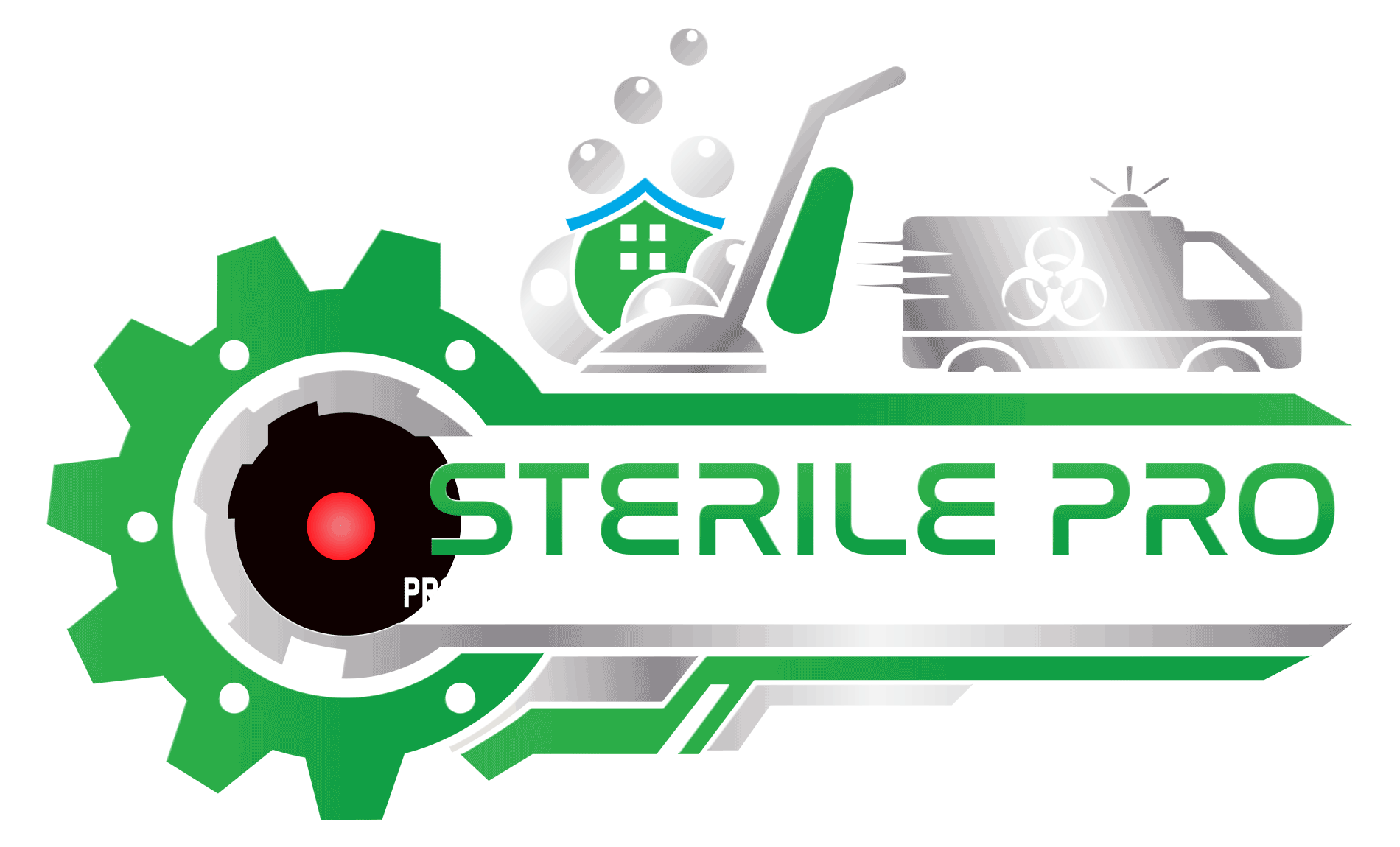How to Choose the Best Sanitation Franchise Business for You

Choosing the right sanitation franchise business can be a pivotal decision, influencing your career path, financial future, and personal satisfaction. As the demand for sanitation services continues to grow, driven by heightened awareness of cleanliness and hygiene, selecting a franchise that aligns with your goals and values is more crucial than ever.
Understanding Your Goals and Values
Before diving into the specifics of franchise options, take time to clarify your personal and professional objectives. Are you driven by the prospect of business ownership, seeking financial stability, or aiming to make a meaningful impact on public health? Understanding your motivations will guide you towards franchises that resonate with your aspirations.
Researching Franchise Opportunities
Once you’ve identified your goals, delve into the diverse array of sanitation franchise opportunities available. Research the market to understand trends, competition, and consumer demands. Consider factors such as the franchise’s reputation, business model, initial investment costs, and ongoing support provided by the franchisor. Look for franchises that offer comprehensive training programs, marketing support, and a proven track record of success.
Assessing Financial Feasibility
Financial considerations are paramount in franchise selection. Evaluate the total investment required, including franchise fees, equipment costs, and operational expenses. Compare financial projections provided by franchisors and conduct a thorough due diligence process to ensure transparency and realistic expectations.
Examining Market Potential
Assess the market potential for sanitation services in your target area. Consider demographic factors, local regulations, and competition from both franchised and independent businesses. A franchise with a strong brand presence and a growing market demand can provide a competitive advantage and accelerate your business growth.
Consulting with Franchisees and Experts
Reach out to current franchisees within your chosen franchise network to gain firsthand insights into their experiences. Ask about profitability, operational challenges, and the level of support received from the franchisor. Additionally, seek guidance from industry experts or consultants who can offer unbiased advice based on market trends and franchise performance metrics.
Making an Informed Decision
Ultimately, selecting the best sanitation franchise business requires a balanced approach that considers your personal goals, financial capabilities, market dynamics, and expert advice. By conducting thorough research and due diligence, you can confidently choose a franchise that not only meets your criteria but also positions you for long-term success in the thriving sanitation industry.
Understanding the Sanitation Franchise Industry
The sanitation franchise industry encompasses a wide range of services aimed at maintaining cleanliness and hygiene in various environments, from residential and commercial spaces to healthcare facilities and public areas. With increasing emphasis on cleanliness as a health and safety priority, sanitation franchises play a crucial role in meeting the growing demand for professional cleaning and disinfection services.
Market Trends and Opportunities
In recent years, the sanitation industry has experienced significant growth, driven by heightened awareness of infectious diseases and the importance of maintaining clean and sanitary environments. The COVID-19 pandemic further underscored the critical need for effective sanitation practices, creating a sustained demand for reliable cleaning services. As businesses and consumers prioritize health and cleanliness, sanitation franchises are well-positioned to capitalize on this trend.
Types of Sanitation Franchise Businesses
Sanitation franchise opportunities span a diverse spectrum of services, including janitorial services, disinfection and sanitization, carpet and upholstery cleaning, mold remediation, and more. Each segment offers unique advantages and caters to different market needs. For instance, janitorial services focus on routine cleaning and maintenance, while disinfection services specialize in eliminating pathogens and ensuring hygienic environments.
Choosing the Right Franchise Model
Franchise models within the sanitation industry vary in terms of business structure and operational requirements. Single-unit franchises involve owning and operating a single location, offering greater control and autonomy over business operations. Master franchises, on the other hand, allow franchisees to sub-franchise within a designated territory, providing opportunities for rapid scalability and revenue generation.
Researching Franchise Brands
When researching sanitation franchise brands, consider factors such as brand reputation, industry experience, and franchisee satisfaction. Established brands with a proven track record of success and strong brand recognition often provide greater credibility and support. Evaluate the franchisor’s commitment to franchisee training, ongoing support, marketing initiatives, and technological advancements that enhance operational efficiency.
Franchise Costs and Financial Considerations
The initial investment required to purchase a sanitation franchise varies depending on the brand, business model, and geographic location. Franchise costs typically include franchise fees, equipment purchases, initial inventory, and working capital for operational expenses. Conduct a thorough financial analysis to assess the total investment required, projected revenue potential, and return on investment (ROI) expectations.
Understanding Franchise Agreements and Legal Considerations
Franchise agreements outline the terms and conditions governing the franchise relationship, including rights and responsibilities of both the franchisor and franchisee. It is essential to review the franchise agreement carefully, seeking legal counsel if necessary, to ensure clarity on fees, territorial rights, renewal terms, exit strategies, and dispute resolution mechanisms. Understanding the legal framework provides transparency and protects your interests as a franchisee.
Training and Support Programs
Successful sanitation franchises offer comprehensive training programs designed to equip franchisees with essential skills and knowledge needed to operate the business effectively. Training may cover operational procedures, cleaning techniques, safety protocols, customer service standards, and use of specialized equipment and cleaning products. Ongoing support from the franchisor, including marketing support, operational guidance, and access to a network of experienced franchisees, enhances business success and fosters continuous improvement.
Marketing and Branding Strategies
Effective marketing and branding strategies are essential for attracting customers and establishing a strong market presence. Franchisees benefit from leveraging the franchisor’s established brand identity, marketing collateral, and digital marketing initiatives to promote their services locally. Implementing targeted marketing campaigns, building relationships with commercial clients, and utilizing social media platforms can drive customer acquisition and business growth.
Operational Best Practices
Implementing operational best practices is critical to delivering consistent, high-quality sanitation services and ensuring customer satisfaction. Develop standardized cleaning protocols based on industry standards and regulatory requirements to maintain cleanliness, mitigate health risks, and exceed customer expectations. Regular inspections, quality assurance measures, and ongoing training for cleaning staff contribute to operational excellence and service reliability.
Technology and Innovation in Sanitation Services
Advancements in technology have revolutionized the sanitation industry, introducing innovative cleaning solutions, automated equipment, and environmentally friendly cleaning products. Franchises that embrace technology-driven solutions, such as digital scheduling platforms, IoT-enabled sensors for monitoring cleanliness, and electrostatic sprayers for disinfection, enhance operational efficiency, productivity, and service delivery. Integrating sustainable practices and eco-friendly cleaning solutions also appeals to environmentally conscious consumers.
Building Customer Relationships and Service Excellence
Building strong customer relationships is essential for long-term business success and customer loyalty. Provide personalized service, respond promptly to customer inquiries and feedback, and demonstrate reliability and professionalism in every interaction. Implement customer satisfaction surveys, solicit testimonials and referrals, and prioritize service excellence to differentiate your franchise from competitors and foster a positive reputation in the community.
Adapting to Industry Changes and Challenges
The sanitation industry is dynamic, influenced by evolving regulations, technological advancements, and shifts in consumer preferences. Franchisees must remain adaptable and responsive to industry changes, proactively seeking opportunities for innovation and improvement. Stay informed about industry trends, participate in continuing education and training programs, and collaborate with industry associations to stay ahead of the competition and position your franchise for sustained growth.
Conclusion
Choosing the best sanitation franchise business requires careful consideration of market opportunities, franchise models, financial considerations, training and support programs, operational best practices, and technological advancements. By conducting thorough research, seeking expert guidance, and evaluating franchise opportunities based on your goals and values, you can make an informed decision that aligns with your entrepreneurial aspirations and sets the stage for long-term success in the thriving sanitation industry.
“For more information please click on this link“



